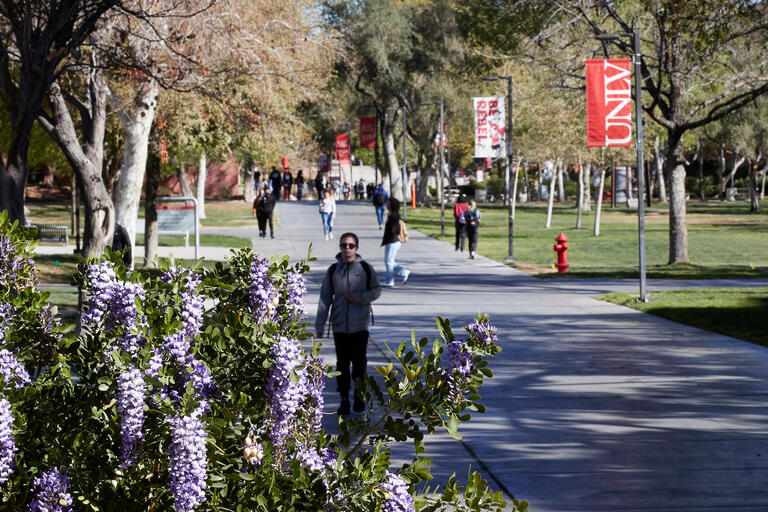Tara C. Raines
Professor of Educational Psychology and Higher Education
College of Education
As a teacher, Tara C. Raines found that many children facing severe emotional problems wound up in her special education classroom. She helped them one by one but felt the real solution wasn't being developed. She became a school psychologist and now a researcher focused on early screening programs.
Where did you grow up? I grew up in a Navy family moving along the Eastern seaboard. I went to high school in Jacksonville, Fla., and consider that "home."
What inspired you to get into your field? As a special education teacher for students with severe emotional disturbances, I discovered some common threads. Several were initially placed in special education during or immediately following a major life event, demonstrated difficultly managing conduct at an early age, and there was little documentation of interventions prior to placement at my site. I also found a poor prognosis for these students as many were involved in the criminal justice system.
I attempted to create a safe place, motivating my students to make good choices and fostering programs that allowed them to "mainstream" with their general education peers. However, I knew that this was not enough. I became committed to finding an avenue to have a larger role on the "front end" of what I felt was a disservice to innumerable youth.
Research Field? My research interests include screening for behavioral and emotional risk so interventions can be implemented before the development of emotional and behavioral disorders (EBD). Through this, I aim to reduce the disproportionate number of African American and Latino males in special education programs for EBD. Additional research interests include investigating culturally relevant assessment for EBD and promoting cultural competence among psychology professionals.
What is the biggest misconception about your field? That school psychologists spend their days giving IQ tests.
The State of Nevada has been ranked last in education. How do you hope to make an impact on this issue? Through both research and instruction. School psychologists are levers of educational change. By promoting a rich knowledge of school psychology and encouraging UNLV students to use their role as school psychologists to improve educational practice, I hope to encourage the improvement in Nevada education.
What kind of professor would you like your students to remember you as? I would love for students to remember that I am dedicated to the application of school psychology research to the daily practice and that I am willing to help them find avenues to successfully implement the tools they acquire in their courses.
What is your proudest moment? I have an immersion program that promotes cultural competence in practicing psychologists and psychology graduate students by allowing them to spend time in Ecuador studying Spanish, living with a host family, and working in various clinics and orphanages. My proudest moment came this summer when a participant thanked me for creating the program and allowing her to develop a stronger empathy for the families she works with in the U.S.
What would people be surprised to know about you? I like to consider myself an open book but I feel people may be surprised to learn I have been recording the Tony awards since 1996. I like to watch the routines.
What can't you work without? Double espresso macchiato.
If you could fix one thing in the world what would it be? I would "fix" the current standard for school based mental health services and promote an emphasis on early intervention and prevention services.
One tip to succeed? When faced with a closed door or a "no," use it as motivation to find a creative path to your goal.
Who is your hero? I have a hero for every area of life. In the spirit of the Olympics, I would have to say Gabby Douglas. She is focused and determined. She decided very early in life what she wanted, remained focused, and made the decisions that led her to her goals.



